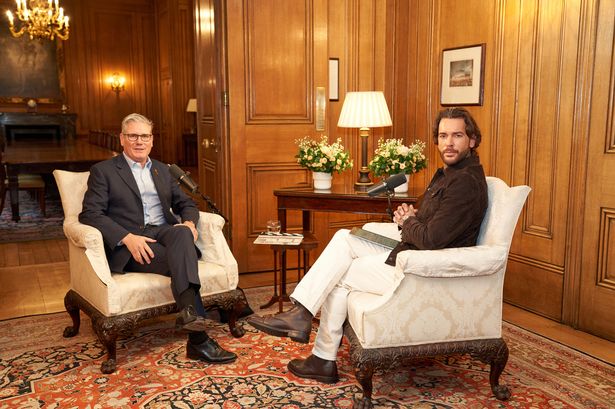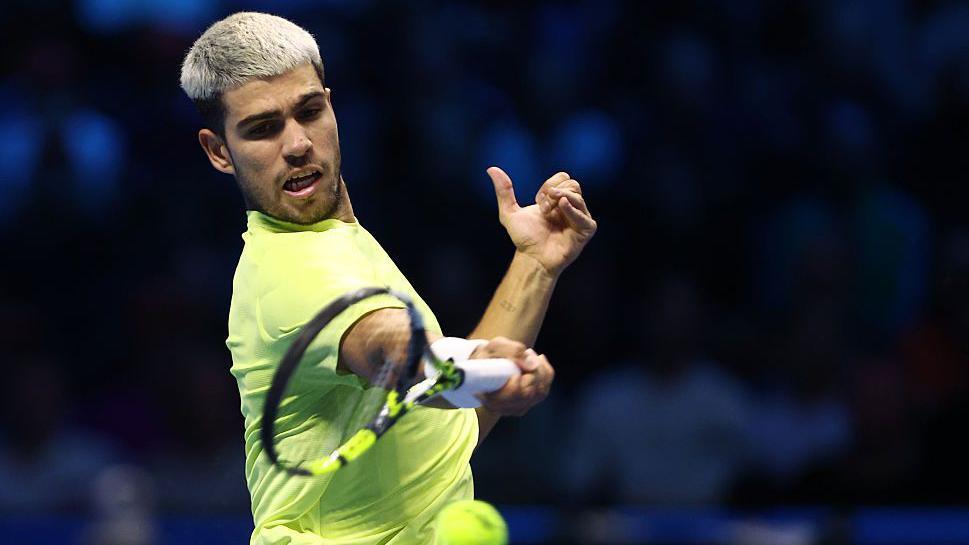The Prime Minister will appear in a special episode of Pete Wicks’ podcast Man Made as Men’s Mental Health Month gets underway, and opens up about the tragic death of his brother, Nick
Prime Minister Keir Starmer is set to appear on Pete Wicks’ podcast, Man Made, to discuss his views on masculinity and how he coped with running the country after the death of his younger brother, Nick.
The Prime Minister will join Pete for a special episode of the podcast, which will be released on 21 November, during Men’s Mental Health Month.
The podcast already has one series under its belt, where mental health advocate Pete spoke to a variety of guests, including his close friend Sam Thompson, about what it means to be a man today. It reached over a million downloads.
READ MORE: Pete Wicks and Sam Thompson both address losing confidence and falling in love againREAD MORE: Keir Starmer blasts Nigel Farage over Andrew Tate comment – ‘completely wrong’
In the exclusive conversation, the Prime Minister will discuss what he thinks the biggest challenges affecting young men today are, discuss his role models and reveal who has inspired him throughout his life. He will also look inward as share how his view on masculinity changed after becoming a father.
In what is sure to be a touching moment, he will also discuss the death of his brother. Nick Starmer died aged 60 on 26 December 2024, after battling cancer.
In a statement, the Prime Minister said: “My brother Nick was a wonderful man. He met all the challenges life threw at him with courage and good humour. We will miss him very much.”
Nick had been in at a hospital in Leeds, and his brother thanked those who contributed to his care. “I would like to thank all those who treated and took care of Nick. Their skill and compassion is very much appreciated.”
The Prime Minister has also spoken about masculinity recently. After the Netflix drama Adolescence was released in March, he said the storyline, which looks at the effects of misogynistic ‘red pill’ social media content on teenage boys, was “a torch that shines intensely brightly on a combination of issues that many people don’t know how to respond to”.
He announced that the series would be made freely available to screen in secondary schools. “It’s a cultural issue, and therefore we’re going to have to look more broadly, work as a society on this, and discuss it.
“Which is why I’m really pleased that Adolescence is now going to be shown in schools free because I do think young people should be watching it.”
The Prime Minister’s episode of Man Made comes ahead of the podcast’s second series, which will be returning in January 2026. The podcast is being produced to inspire open, meaningful discussions that challenge stereotypes and support men in leading happier, healthier lives.
Listen to the special episode of Man Made with the Prime Minister on Friday 21st November available on the Rayo app, Apple, Amazon Music, Spotify… or wherever you get your podcasts.







